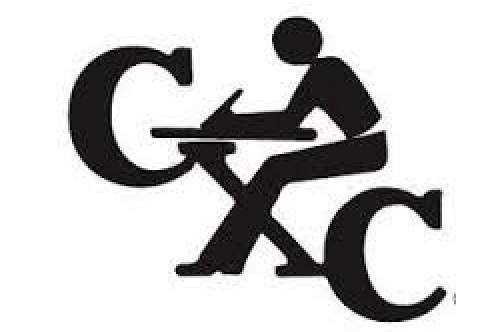(CMC) Barbados-based regional examinations body, the Caribbean Examination Council (CXC), has announced plans to increase electronic marking of annual exams.
CXC’s Director of Operations, Stephen Savoury, said that since e-marking was introduced in 2013, this year saw the most papers being graded using this method, and all but four subjects were marked electronically.
 In the 2017 effort, 231 papers were marked electronically … there were three e-book markings and then we had 73 e-coursework marks. And overall, over 700,000 candidate papers were scanned, and approximately 8,000 markers were invited to participate,” Savoury said, adding that the Council is now focused on improving the quality of its assessments.
In the 2017 effort, 231 papers were marked electronically … there were three e-book markings and then we had 73 e-coursework marks. And overall, over 700,000 candidate papers were scanned, and approximately 8,000 markers were invited to participate,” Savoury said, adding that the Council is now focused on improving the quality of its assessments.
“We expect that e-marking is not only here to stay but we want to improve it as we go forward, and we want to ensure that … there is a richness of experience for all involved,” he said.
The introduction of e-marking was a break away from the traditional face to face assessment, where markers – mostly teachers – gathered at marking centres across the Caribbean to grade the annual secondary school examinations.
CXC explained that the goal is to improve the validity of the tests undertaken and the reliability of scores issued.
“Some of the proposed benefits of e-marking include continuous marker monitoring and the presence of systems to eliminate errors from incorrect transcription or addition which are a feature of the system used,” CXC said.
Savoury also disclosed that e-testing was introduced in the 2016-2017 academic year, for the multiple choice papers (Paper One) in the January and May-June exams.
“For CAPE, there were 11 territories that were tested electronically, 32 subjects, and they were just short of 2,000 candidates that were tested. For CSEC, seven territories participated electronically; there were 30 subjects that were tested, and a total of 7,827 candidates who participated. At CCSLC (Caribbean Certificate of Secondary Level Competence) there were four territories, six subjects, 789 participants,” Savoury told reporters.
According to him, effective January 2018 all subjects will be tested online for both Paper One and Paper Two, “and we will be going forward with this, moving through to ensure that all of our territories have the option of doing this particular e-testing in their individual territories.”
He added that CXC’s long-term goal is to offer more frequent exams in addition to the January and May-June sessions across the region by 2020.

























